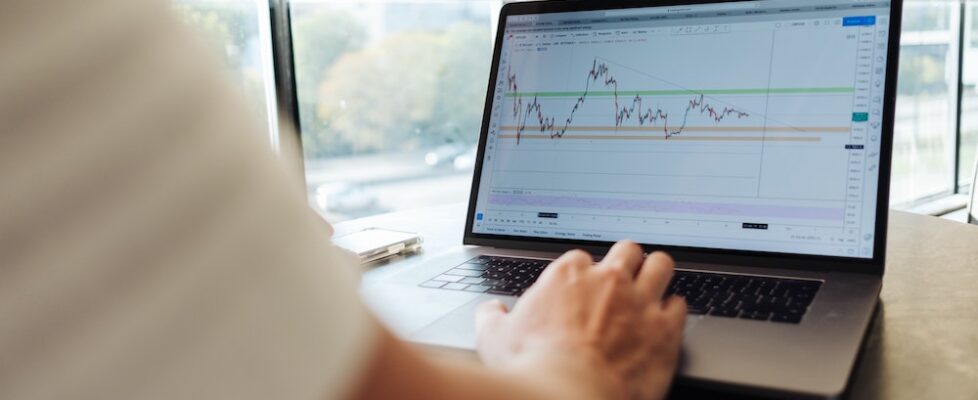DOJ wants testimony of Prof Jerry Markham excluded from spoofing case
The trial of former JPMorgan traders Gregg Smith, Michael Nowak, Christopher Jordan, and Jeffrey Ruffo, was recently postponed, but the preparations for it are in full force as indicated by disputes among the defendants and the Department of Justice (DOJ) over testimony.
The case is about an alleged commodities-spoofing conspiracy perpetrated by the precious-metals traders. The superseding indictment charges a conspiracy to commit racketeering activity, as well as substantive counts of fraud, spoofing, and attempted price manipulation.
The former traders and the DOJ have now locked horns over the expert testimony to be used during the trial. In a motion filed in the Illinois Northern District Court on October 29, 2021, the Justice Department seeks that the testimony of Professor Jerry Markham is excluded.
Christopher Jordan disclosed Professor Markham as “an expert on the history and regulation of financial markets, including commodity futures markets” based principally on his academic and research experience and his service during the 1970s as “Chief Counsel in the Division of Enforcement of the U.S. Commodity Futures Trading Commission” (CFTC).
The United States seeks to exclude all proposed testimony by Professor Markham on this topic. According to Defendant Jordan’s disclosures, that impermissible testimony would include the following:
”The historical evolution of laws, regulations, and CME rules against spoofing in commodity futures markets. In this regard, Professor Markham is expected to testify that the anti-spoofing rule embodied in Section 747 of the Dodd Frank Act, which became effective in July 2011, was a new rule that not previously been established in the world of commodity futures trading. Prior to the effective date of Dodd-Frank, the general prohibition on market manipulation in commodity futures markets, which was enacted under the Commodity Exchange Act of 1936, had not been applied to spoofing.
Professor Markham will explain that, in the Dodd-Frank Act, Congress empowered the CFTC to issue rules or guidance regarding Section 747 and that, after the enactment of Dodd-Frank, the CFTC went through a multi-year process to consider what if any rules or guidance should be issued, before ultimately issuing guidance in May 2013. To illustrate this testimony, Professor Markham will identify and discuss three CFTC administrative releases regarding Section 747 that were published in the Federal Register in November 2010, March 2011, and May 2013.
With respect to CME rules, Professor Markham will testify that, to his knowledge, until the adoption of Rule 575 in September 2014, there was no CME rule or guidance that explicitly prohibited (or even addressed) spoofing. He will further testify that although the CME brought enforcement cases for spoofing-type behavior under general provisions of Rule 432 prior to the adoption of Rule 575, such cases were not made public until after the adoption of Dodd-Frank in July 2011”.
According to the DOJ, Professor Markham’s expert testimony in the abstract about the historical evolution of the laws, regulations, and rules against spoofing would be irrelevant, confusing to the jury, and designed to invite jury nullification.
The DOJ insists that Mr Jordan must not be allowed to present this testimony, which is wholly untethered to his actual state of mind, and which is aimed solely at suggesting that the regulatory environment was confusing, and Mr Jordan’s unlawful conduct therefore should be excused.
The trial is scheduled for July 5, 2022.





